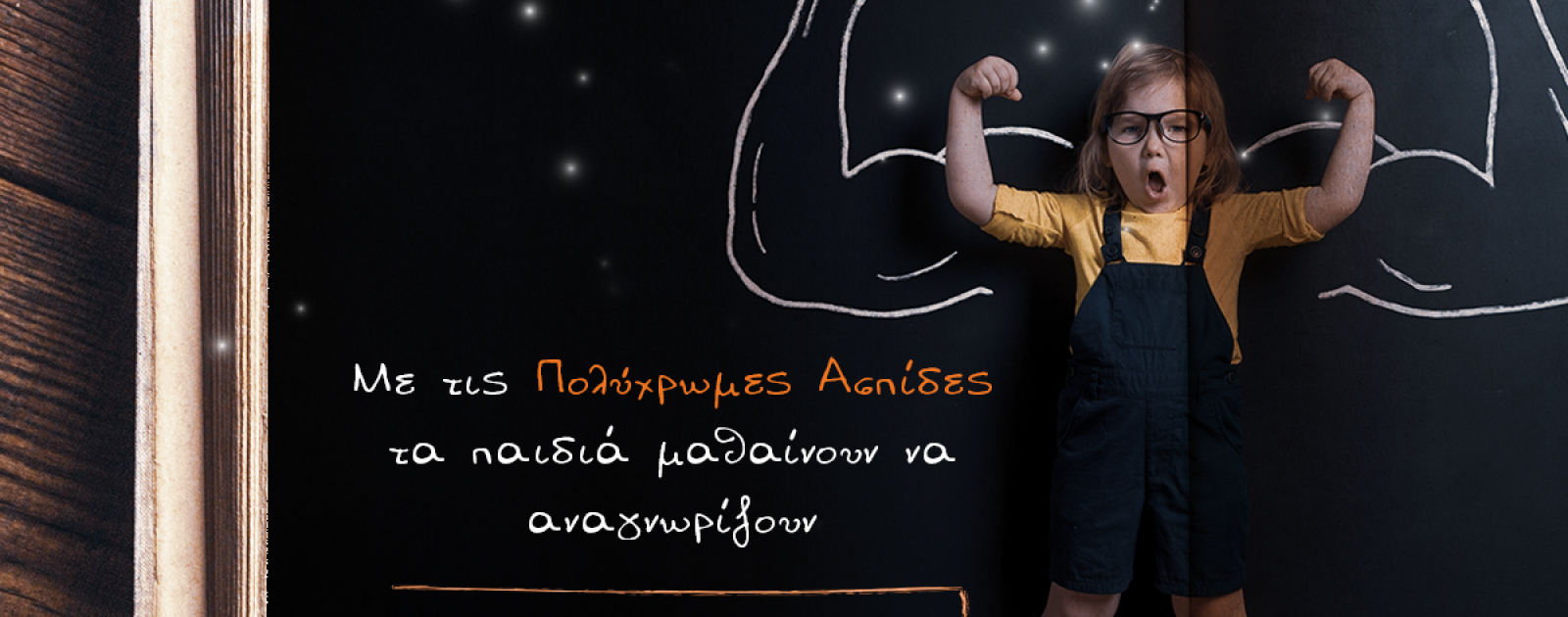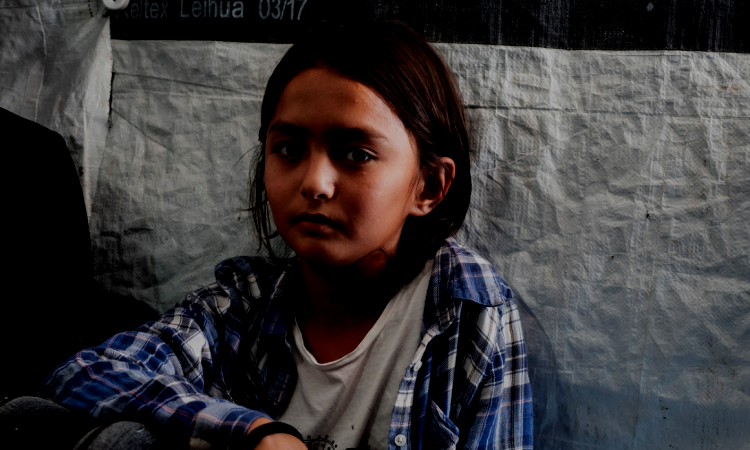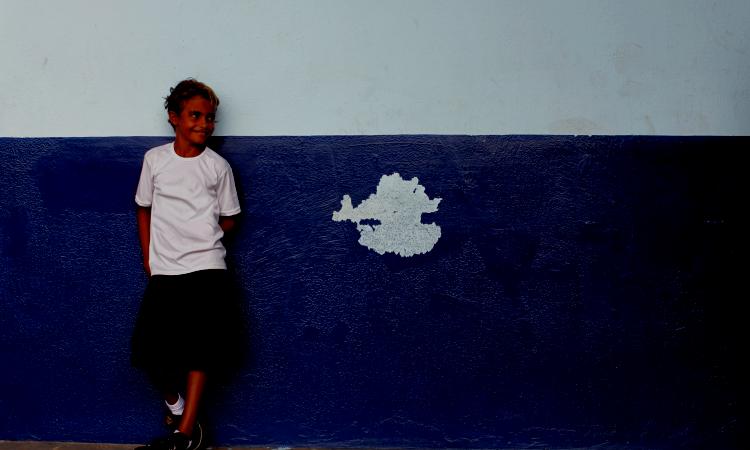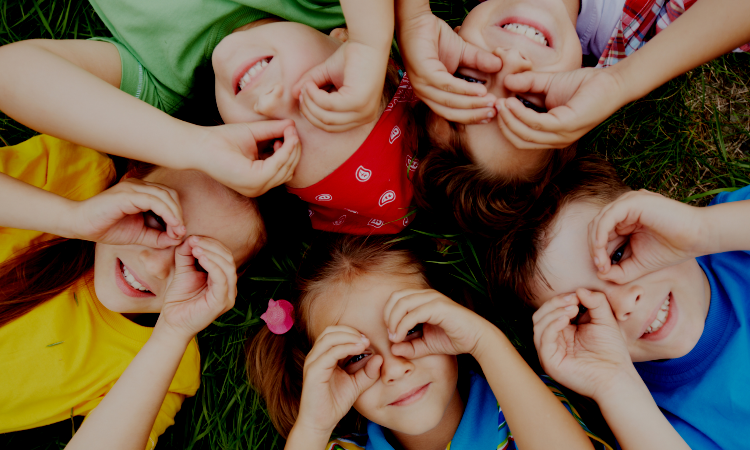
The Keeping Children Safe in Sports program that aims at tackling abuse in sport and leisure settings for children is coming to an end, but Terre des hommes envisages its expansion to other children's activities.
Two years after its launch, the Keeping Children Safe in Sports (KCSS) program for preventing and combating abuse in sports (Romania) and recreational settings (summer camps, Greece), is now coming to an end. Drastic changes have occurred during these years. When KCSS started in Greece, phenomena of abuse were the “elephant in the room”, a taboo rarely spoken about in the public sphere. It was doubtful that the program organizers could convince local or central authorities, or camp owners to support and subscribe to an intervention of this kind. No one imagined the avalanche of scandals concerning the sexual harassment and abuse of children in sports that would come to light by the end of 2020, highlighting the urgent need for exactly what KCSS was proposing. "We wanted to create a culture where children's rights and safety are non-negotiable values," explains George Kanaris, project coordinator in Greece, adding: "There could not have been a better time to implement such a program given the current Greek reality. But also for the growing needs in the field of child protection which make the importance of this project, the need for it, to be sustained and expanded all the more imperative... ".
What has been achieved in these two years?
The project started with research to understand the situation of child safeguarding and protection systems in Greece, especially in the field of sports and summer camps, as well as the level of knowledge, practices, and approaches of key stakeholders in this field. In a nutshell, we tried to understand whether and to what extent there were principles and policies in place to ensure that a child who goes to a summer camp, away from their parents or caregivers, would not be victimized.
We then set up a Children and Youth Advisory Committee that actively participated in all levels of implementing the pilot application and provided feedback on the policy design model for safeguarding children in camps, because in all of our programs, we seek the participation of children and we believe that children must have a voice to express their opinion on the decisions that concern them.
Then it was time to develop manuals and tools for staff working in children's camps. Among the resources that were created is a Handbook for the Training of Young Facilitators on child safety in sports, and a handbook entitled “Colorful Shields”, which includes a series of activities training children in self-protection.
Another key component of our program was training. We started by conducting training seminars for summer camp staff (170 professionals) on the basic concepts of child protection. We conducted a five-day training for professionals in child protection and safeguarding based on our respective manual, and a five-day training of trainers in the "Colorful Shields" manual for children. "Coming to the seminar we thought we had an idea of what child abuse is and how we can recognize it. While attending we realized that there is no 'believe' or 'think' on this issue," said one of the participants, adding "A filter has entered our eyes and we see things more clearly, knowing exactly what child abuse is, how to recognize it and how to react. Our duty here is great, and our responsibility even greater."
At the end of the training, we conducted a supervised application of the manual "Colorful Shields: Self-Protection Activities for Children - Implementation Guide" in summer camps with the participation of 130 school-age children. We were particularly impressed by the statement of a girl who said: "When I do not feel safe, I need to know how to deal with my fear. I have to be well prepared so that I can get away from what makes me afraid." While another child, a boy, told us: "Now I know, it is my right to say 'no' to what makes me feel unsafe. I do not want others to do with me what they want!"
Last summer, we also carried out the supervised development of Child Safety Policies in 20 summer camps which have consolidated their child protection policy with individual and team support from a specialized counsellor. These summer camps will now receive the "Environment Safe for Children" certification which they can show off to their clients. In fact, the certification logotype came from a children's painting competition we held in the summer.
During our program, we also developed an online course (e-course) on child protection (in Greek), which can be attended by anyone who wants to delve into the subject in a simple and understandable way. And finally, in the second half of 2021, we ran an awareness campaign for broad demographics in Greece on social media, promoting the message that "Child safety does not require magic, it requires action".
But what action exactly?
"Authorities and organizations working with children should realize that all of the places where a child is active without the supervision of their parents, must be safeguarded through policies, protocols, and appropriate training of staff," says George Kanaris. "With the KCSS program, a first step was taken, we paved the way. Now the impact must be multiplied." Areas where children play sports, train, learn music, art or do their hobbies could be supported to apply the adapted methodologies and manuals developed under KCSS, which are available to any stakeholder. Terre des hommes will always be ready to support any third-party action. Everything is a matter of will, either political and/or private.
The ‘Keeping Children Safe in Sports’ project, coordinated by Tdh Romania and implemented in partnership with Tdh Hellas and Tdh Hungary, is funded by the ‘Rights, Citizenship and Equality’ program of the European Union.
Watch the video of our public campaign: https://youtu.be/C1oV-t6oaNg


